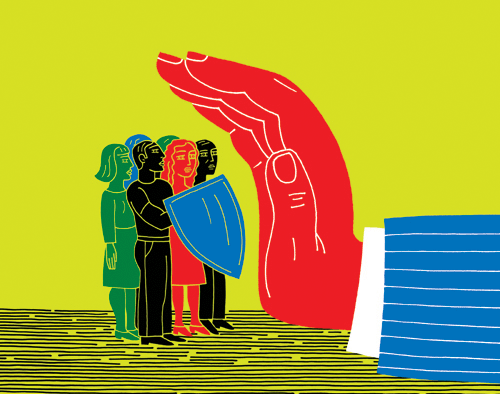A great deal of the credit for Latin America’s democratization in the past two decades should go to civil society. The region’s human rights movement can justifiably take pride in having played an important part in the downfall of the authoritarian governments and dictatorships of the recent past—especially in bringing to justice many of the perpetrators of the most egregious abuses. Truth commissions, trials, reparations, lustration, museums and other memory sites, oral history projects, and the opening of hitherto classified archives have established a long-awaited sense of accountability on the part of governments.
But a new and equally formidable threat to human rights has appeared in the region.
While massive repression of political opponents is now safely in the past, it has left behind a culture of violence and corruption that is much more pervasive and difficult to eradicate. That culture of impunity, often intertwined with the social and political relationships of contemporary Latin American societies, is compounded by the new security challenges facing the region: migration, climate change, drug-fueled organized crime, and financial turmoil.
Human rights advocates must therefore enlarge their agenda to address the contemporary forces that threaten the rule of law and democratic governance. That means, above all, working to ensure the effectiveness and probity of the key institutions charged with providing security, especially in the criminal justice system.
One vivid illustration of this new threat is the penetration of the drug trade in the state structures of countries such as Colombia, Mexico and Guatemala…





